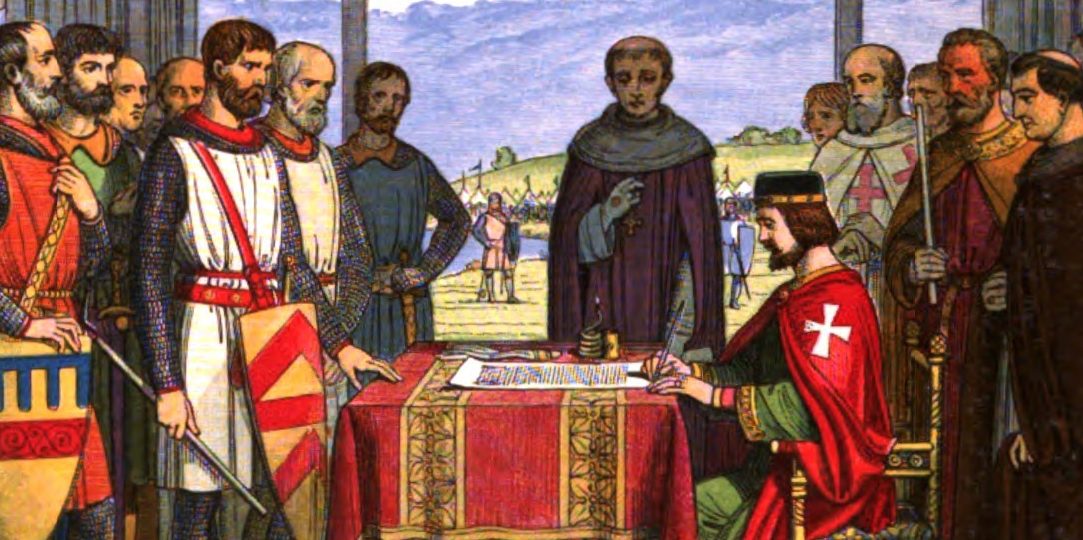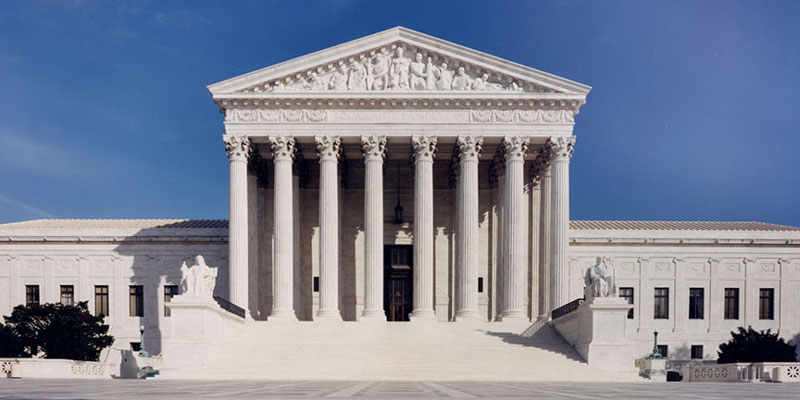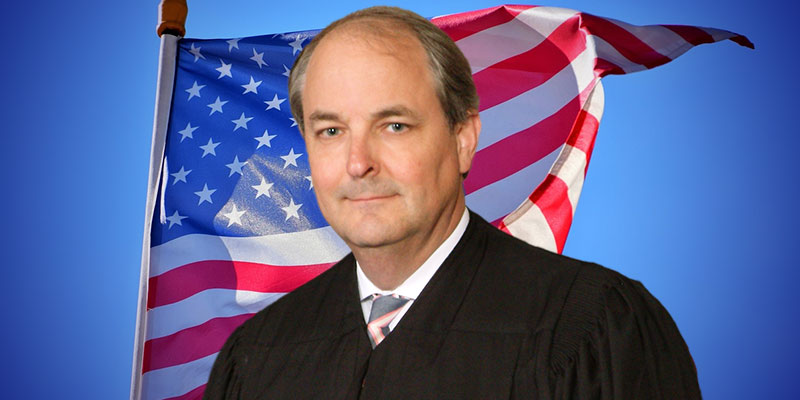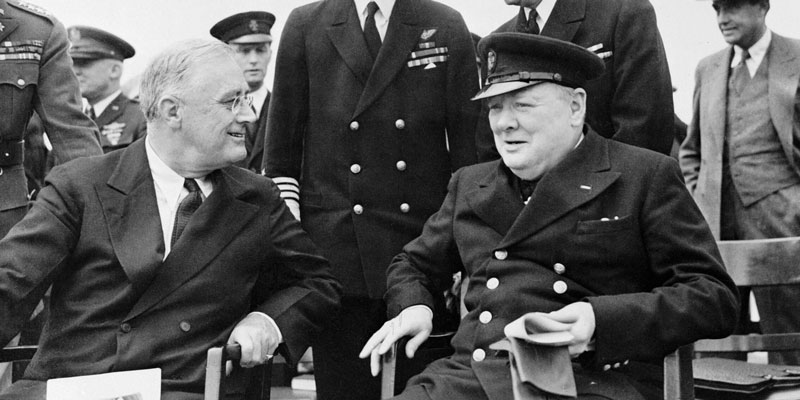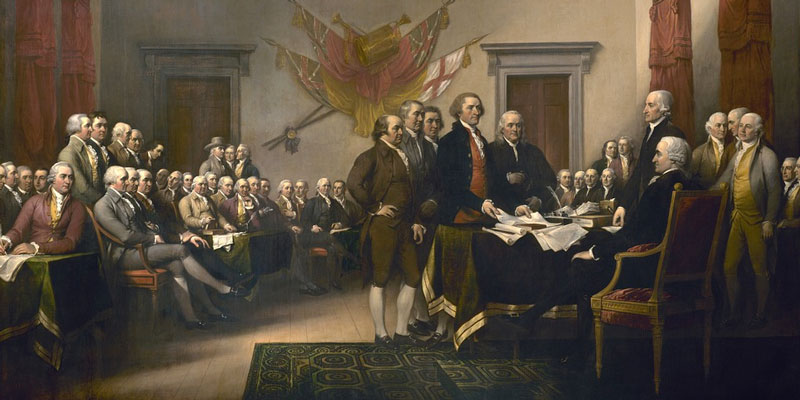Bloodless revolutions are the exception, not the norm. Indeed, history is replete with wars pitting various national or regional groups against one another for territory or other economic benefit.
Survival of the fittest was not a theory but was a present reality for most of the history of the world, and the slogan “might makes right” was the equivalent of the rule of law in many places.
Merge these ideas with the concept of the divine right of kings, and you have a formula for arbitrary government that changes with the whim of the ruler.
For much of the world, this is how government functions. The ruler, the most powerful politically or militarily, governs absolutely, and any edict issued by the sovereign supersedes any constitution, law, ordinance, declaration or resolution.
But civilization has another tradition that exalts the law above the unfettered discretion of any ruler and balances the power of government to make certain that authority is disbursed and not concentrated in one place where it might be subject to abuse.
This tradition prominently manifested itself 809 years ago on a small meadow called Runnymede about 25 miles from London. It is remarkable, if not miraculous, that in 1215, the seeds of constitutional government were planted in written form contained in the Magna Carta.
That a king and his subjects could have a disagreement and resolve their dispute in contractual form was an alien idea. Normally, any dispute with the ruler would have dire consequences like banishment or worse, death. To think that more than 800 years ago, reasonable minds could meet, argue and come to terms and prepare a written form of resolution is fantastic.
Magna Carta is thus arguably the first rendition of a bloodless revolution. And this revolution was and continues to have significant repercussions for which we are all beneficiaries, as it worked to create rights on several levels.
Indirectly, the Great Charter put to lie any notion that the English king was above the law and could do whatever he wanted. To the contrary, it created a balance of power in that the country would have a form of advice and consent by allowing the king to do some things within defined boundaries but requiring the nobles to agree to actions beyond those limitations.
Obtaining the consent of the nobility was not always easy, and from Magna Carta forward, parliament developed as an institution to limit the power of the sovereign.
But in addition to creating and recognizing a system of government, Magna Carta also acknowledged and confirmed two guiding principles for civilization.
First, the agreement recognized that kings could not have access to unlimited revenue and raise taxes indiscriminately. Controlling a sovereign’s purse strings is perhaps one of the most significant aspects of constitutional government, and the ability of representatives in parliament to limit spending created a monetary veto over the policies and initiatives that rulers might implement.
While debates about certain policies might rage, and the merits could be reviewed, a quick way to cut to the chase was to stop the money flowing into the king’s coffers. Limiting the public treasury forces all sovereigns and other rulers to prioritize their initiatives and decide what is critically important.
In the 13th century, kings had not yet learned how to debase coins or print money, so once the authority to tax was curbed, there was no way the sovereign could abuse his subjects by forcing them to support public projects they opposed. Limiting the ability to tax is still a staple of representative government and advanced civilization.
In fact, one feature that spurred the development of self-government were protests in various forms against confiscatory taxes when the people had no role in approving the levy or consenting to the expenditure of public funds. Magna Carta may rightly be viewed as the first in a long line of tax protests that limited raising revenue by confiscating property from the emerging middle class.
As if spawning the “no taxation without representation” movement was not enough, Magna Carta also recognized and put into writing some of the initial concepts Americans cherish as part of the Bill of Rights, a remarkable achievement for the Middle Ages. Thus, it established a legal tradition of individual rights that many countries have yet to come to terms with, much less implement.
None of these rights were as advanced, broadly implemented, or as absolute as we might like today, but it was a start, and a good start at that. Magna Carta in a written format supported these concepts which are now a part of advanced civilization: uncensored press, security of property, equality before the law, habeas corpus, regular elections, sanctity of contract and jury trials.
But, like any contract or other agreement between disputing parties, there must be an enforcement mechanism. Something or someone must guarantee that each side will abide by the agreement. To do this, Magna Carta provided that the barons could confiscate the king’s property if the terms of the charter were violated.
Like most contracts today, there was a requirement to put the king on notice of a violation and give him a chance to cure or otherwise correct the violation, but, if the king refused to relent, then the property could be taken. The barons were required to swear an oath to support this enforcement mechanism.
In short, the nobilities’ allegiance became less of an obligation to the king and more of an obligation to Magna Carta. This concept is expressed even today in that oaths in America are not to any individual, but to the Constitution. Magna Carta started the concept of loyalty to a contract of rights, not to an individual.
While not perfect by any means, the Magna Carta was the first example of a bloodless revolution in which the rule of law and rights in contracts lead to the advancement of civilization and the beginning of constitutional government.
Will Sellers is a graduate of Hillsdale College and an Associate Justice on the Supreme Court of Alabama. He is best reached at [email protected].




